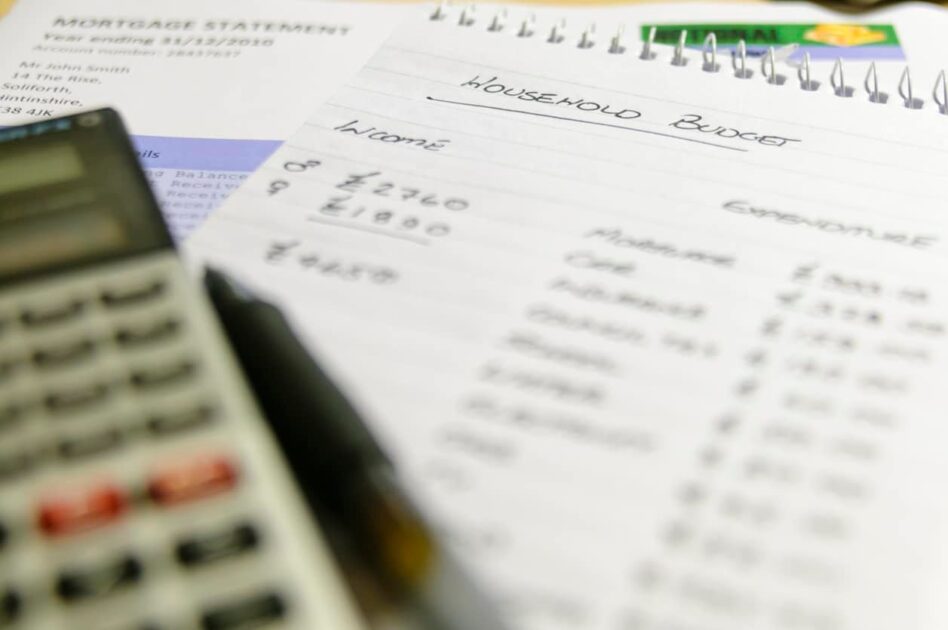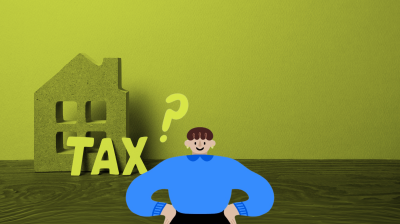What do we mean by the ‘cost of living’ in Ireland?

The phrase ‘cost of living’ often comes up in discussions about how certain workers are paid, the rate of social welfare payments and other factors related to how people maintain their standard of life day to day.
What is ‘cost of living’?
Cost of living is a phrase that refers to the cost of day-to-day life and how these costs can change over time. When we talk about the cost of living, we are generally referring to prices of utility bills, rent, transport, food and drink, household supplies and more.
Indexes such as the consumer price index (CPI) try to track changes to the cost of living and allow people to compare the price of living in one country or region with others. A consumer price index will look at the price of a basket of particular items in a store and see how much that basket might cost over a period of time, and uses that to determine how far someone’s wages, salary or social welfare payments will stretch. The amount that someone can purchase with a particular amount of money can also be called ‘purchasing power’.
Cost of living and the Living Wage
The cost of living is closely tied to what is called a ‘living wage’. The living wage is defined as the amount of money a person needs to earn to comfortably afford both essential and non-essential expenses in life. The minimum wage and the living wage are not necessarily the same thing.
In some instances, social welfare supports are adjusted according to changes to the cost of living so that those getting these supports can maintain the same standard of living even as prices change. Occasionally, employment contracts will also contain clauses that allow for wages or salary to rise in proportion to the rising cost of living.
What is the cost of living crisis?
The cost of living crisis refers to an economic trend that began in 2021 of prices rising at a faster rate than wages. When prices rise faster than wages do, this decreases the purchasing power of the average consumer, meaning that they can not afford as many things as they used to. Prices rising and leading to decreased purchasing power is often called inflation.
Increased inflation in 2021 and 2022 reached levels globally not seen since the 1980s. This inflation was primarily driven by rising energy costs driving up the prices of other goods and services.
Inflation without similar levels of pay increases means that people’s wages can not pay for as much as they used to, making it more difficult for those already economically disadvantaged to afford to live.
A poll commissioned by the National Youth Council of Ireland in 2022 found that seven out of 10 young people were considering emigrating due to concerns about how the cost of living in Ireland will impact the quality of life they could hope to achieve.
How do we address issues with the cost of living?
When the cost of living becomes very high, employees may approach their employers and ask that wages be increased accordingly. Groups of workers may go on strike in order to negotiate these changes. These strikes are often organised by trade unions.
People may also lobby their local representatives to push for government supports, such as capping price increases for essential items and utilities, providing one-off payments to households, or increasing social welfare or education grants in line with rates of inflation.
Need more information?
If you would like to get some advice on financial wellness, your rights or any other matter, you can contact Youth Information Chat, an online service that can put you in touch with Youth Information Officers based all around the country. The chat service is available between 4pm and 8pm, Monday to Friday (excluding bank holidays). If you want to chat to a Youth Information Officer during that time, start a conversation now.
Feeling overwhelmed and want to talk to someone?
- Get anonymous support 24/7 with our text message support service
- Connect with a trained volunteer who will listen to you, and help you to move forward feeling better
- Whatsapp us now or free-text SPUNOUT to 50808 to begin.
- Find out more about our text message support service
If you are a customer of the 48 or An Post network or cannot get through using the ‘50808’ short code please text HELLO to 086 1800 280 (standard message rates may apply). Some smaller networks do not support short codes like ‘50808’.






